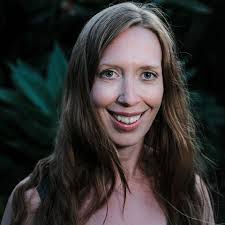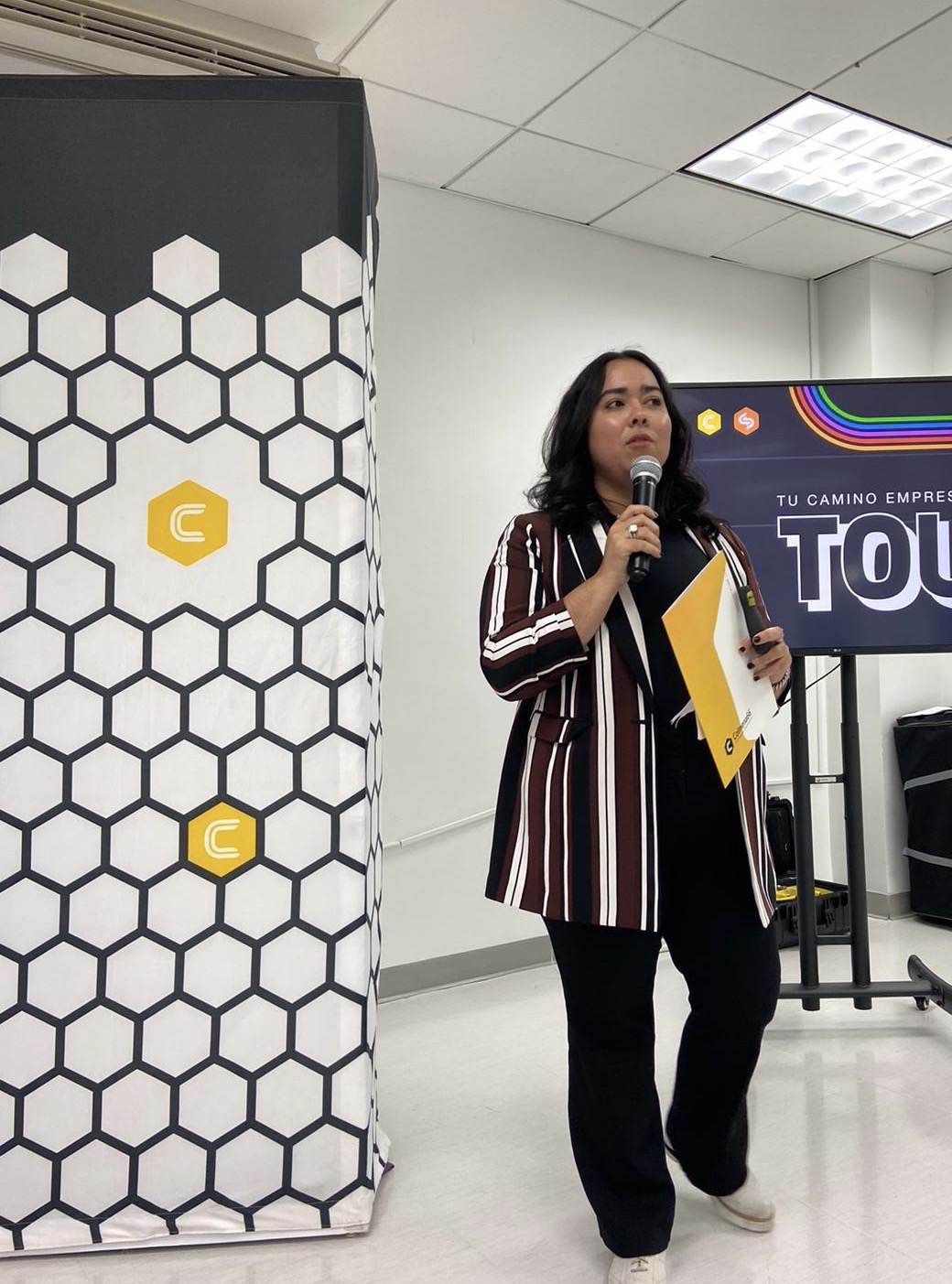
#4 Live the Values (1/2)
This article is a 2-piece exploration of Ecosystem Building principle #4 Live the Values and belongs to the 7-part series Ecosystem Building 101. The entire series is developed in Fireside Chats with entrepreneurial ecosystem builders around the world.
This resource guide is no longer available. Sign up for Impact Curator to never miss another resource.
Imagine you’re over at a friend’s house to play one of your all-time favorite games. The drinks and snacks are set out, you are excited to show off your tactical maneuvers and meet your match. What is destined to be a fun night of laughter and friendship becomes an aggravating experience. Only a few minutes into the game, it dawns on you that everyone else is playing by a different set of rules that no one bothered to share with you ahead of time.
Now imagine someone is new to your ecosystem. He or she may have just moved or is shifting their professional path to support your (social) startup community through their gifts and talents. Just like a good host who would immediately remedy game night, our job as ecosystem builders is to introduce newcomers – and sometimes existing actors – to the way things are done around here. What do people in this ecosystem value? How do we work together? What are the norms of communication and collaboration?
The values of an ecosystem are not something to be created and then indoctrinated. At best, they are uncovered, lived, and communicated frequently and with kindness. For better or worse, as ecosystem builders we cannot walk around giving out traffic tickets to anyone who disregards or violates these rules, consciously or not. The best and only thinking we can do is trying to lead by example to model the behavior and values that we hope to see others bring to bear in the ecosystem.
Meet the ecosystem builders
Denisse Rodriguez leads Colmena66 (beehive in Spanish, Puerto Rico is located on the longitude 66). Colmena66 is a program within a 501(c)(3) organization in Puerto Rico and acts as a resource directory for entrepreneurs in Puerto Rico.
Jess Edwards is project-based ecosystem builder currently working in South-west Virginia. Jess’ first project was building and launching a coworking space in Buffalo, New York, before she implemented a similar model for a co-working space in Dubai. She followed her time in UAE with a stint in Alaska, where she rolled out a statewide entrepreneurial program before moving to southern Virginia to work on a rural entrepreneur ecosystem development project.
Mildred Franco leads The Generator, a new innovation hub powered by Go Forward Pine Bluff in Arkansas, with a focus on entrepreneurship and digital skills. She supports the entrepreneurs in her community through one-on-one consultations, connecting them to resources, workshops on business topics, and networking events
Evy Collazo Muñoz is the network navigator at Colmena66 in Puerto Rico, a natural extrovert who loves to help, connect, and mostly talk to people.
Danielle Anderson is the founder of Step and Stone, a strategy consultancy for purpose-driven entrepreneurs based in Nairobi, Kenya. As an expat, Danielle has successfully established her business in Africa and built a strong network of founders, not least through Afri-Love Connection Club.
Norris Krueger: Thinker, doer. Writer, speaker. Scholar, educator. Agent provocateur, ecosystem builder currently operating out of Boise, Idaho. [N: and even though we see the Dunning-Kruger effect all the time amid ecosystem bullies… sadly I am not that Kruger 😉 ]
Alok Soni is an ecosystem builder in Vizag, India, supporting the growth of their local startup community.
Misalignment: Harmful values in entrepreneurial ecosystems
Danielle: “One of the things I find most frustrating here in Kenya is the expectation within the support system (mostly incubators and accelerators) for local entrepreneurs to conform to foreign expectations of business. For example, if a business doesn’t pitch in a way that a foreign investor is used to hearing, they are unlikely to get funding. If the team does not have a white co-founder, they are unlikely to get funding. The attitude is that the only way is the Western way and if local entrepreneurs do not conform, they are not deserving of capital. A related issue I have witnessed is the expectation to conform to the high-impact or tech-driven niche. I see a lot of great startups contorting their business models to fit into whatever program they’re trying to be part of. But there are so many incredible businesses here that deserve to be supported, funded, and grow but if they’re incentivized to warp their value proposition or business model to receive said support, they fail because this contortion often means trying to do too much at once and not doing anything well. In that sense, we are doing the entire ecosystem a disservice.”
Evy: “We’re seeing a very similar attitude in Puerto Rico. Here, the ecosystem is always looking to accelerate high-growth tech startups. When smaller community-driven businesses are interested in these big programs that offer funding or great mentors, they are met with an attitude that says, “Your business idea is not worthy of our program.” It’s an issue because these small businesses create real solutions and genuine value for our local communities, yet they are not supported because their business model does not fit this very narrow niche.”

Danielle Anderson
Step & Stone
Nairobi, Kenya

Evy Collazo Munoz
Colmena66
Puerto Rico, USA
Mildred: “78% of the population in Pine Bluff is African American. Because they have been under-resourced for so long, they have gotten used to things usually being given to them through handouts and subsidies. For example, instead of asking “How can I access capital for my business?” they ask, “Where can I get a grant so that I get the money and don’t have to pay it back?” I’m working on changing that mindset so that they start doing the work and – if they do it well and with passion and dedication – others will come to support them.
Due to the lack of resources, the other side of the equation has to do with scarcity. We operate a lot in silos and see little collaboration. Because this community has been so severely neglected, every resource is guarded fiercely. Budding entrepreneurs and other actors in the ecosystem constantly feel like they are competing for the same resources and that makes them very protective of their territory, of what they know, of what they can bring to the ecosystem instead of understanding that the value lies in collaborating and growing the pie.”
Jess: ”Part of my role as an ecosystem builder is formalizing the collaboration process of all the resource providers that serve small businesses and startups in our region. Due to our rural and decentralized nature, our work relies heavily on collaboration so it can be an immense obstacle and frustration at times when people aren’t genuinely collaborative. They might say they are committed, but their actions (or inactions) do not align.
That said, interrelational issues among key stakeholders are always going to be an element of “formal” or structured collaboration work because of things like ego, limited funding to go around, or the collaborative work threatening their “value proposition” as a standalone entity (needing to get credit and recognition). In fact, managing and monitoring the conflicts or aversions to genuine collaboration in a group of decision makers has been a part of every project and community I have worked with.
However, the big upside to working in a more rural community is the agility I am afforded to get things done quickly and swiftly, with far less disruption or hold up by any political or personal agendas. In the Dan River region, I have direct access to other actors in the ecosystem for important conversations and to also build rapport.”
Alok: “Our ecosystem is still very nascent, and I don’t think we really embrace the values such as Give before you get. Most conversations here begin with ‘What’s in it for me?’ People here are not understanding that if no-one puts anything in the pot, then nobody can take anything out of it, either. There’s nothing there. So, we have quite a bit of work to do to change that mindset! It’s a work in progress.”
Norris: “We see this so many places. There is a sense of entitlement and ego when actors in the ecosystem approach their contribution saying, “If I don’t get the bulk of the money and recognition, I can’t help you because that’s what my funders and stakeholders are demanding”, which may or may not be accurate, but any collaboration is inevitably seen through our own lens.”
Photo by Jeremy Yap on Unsplash